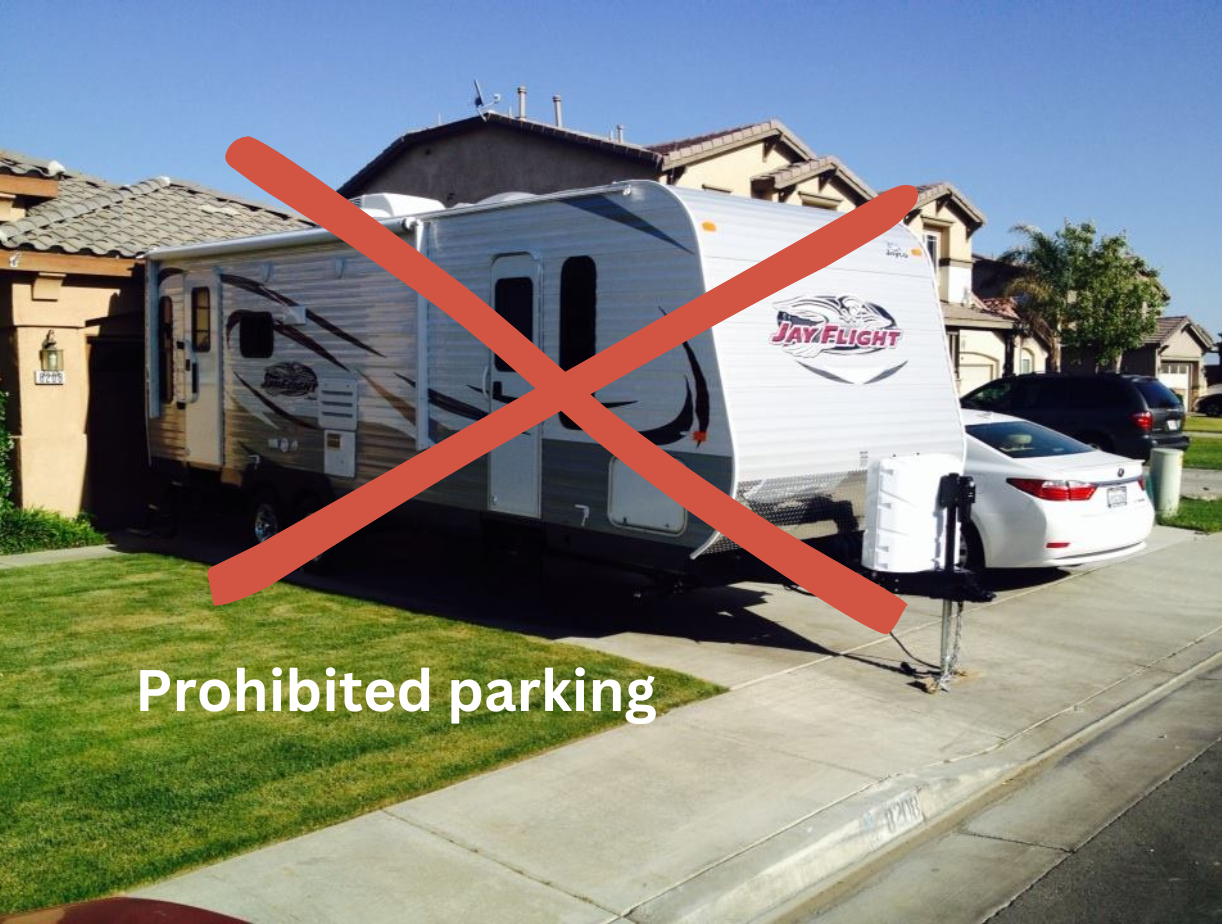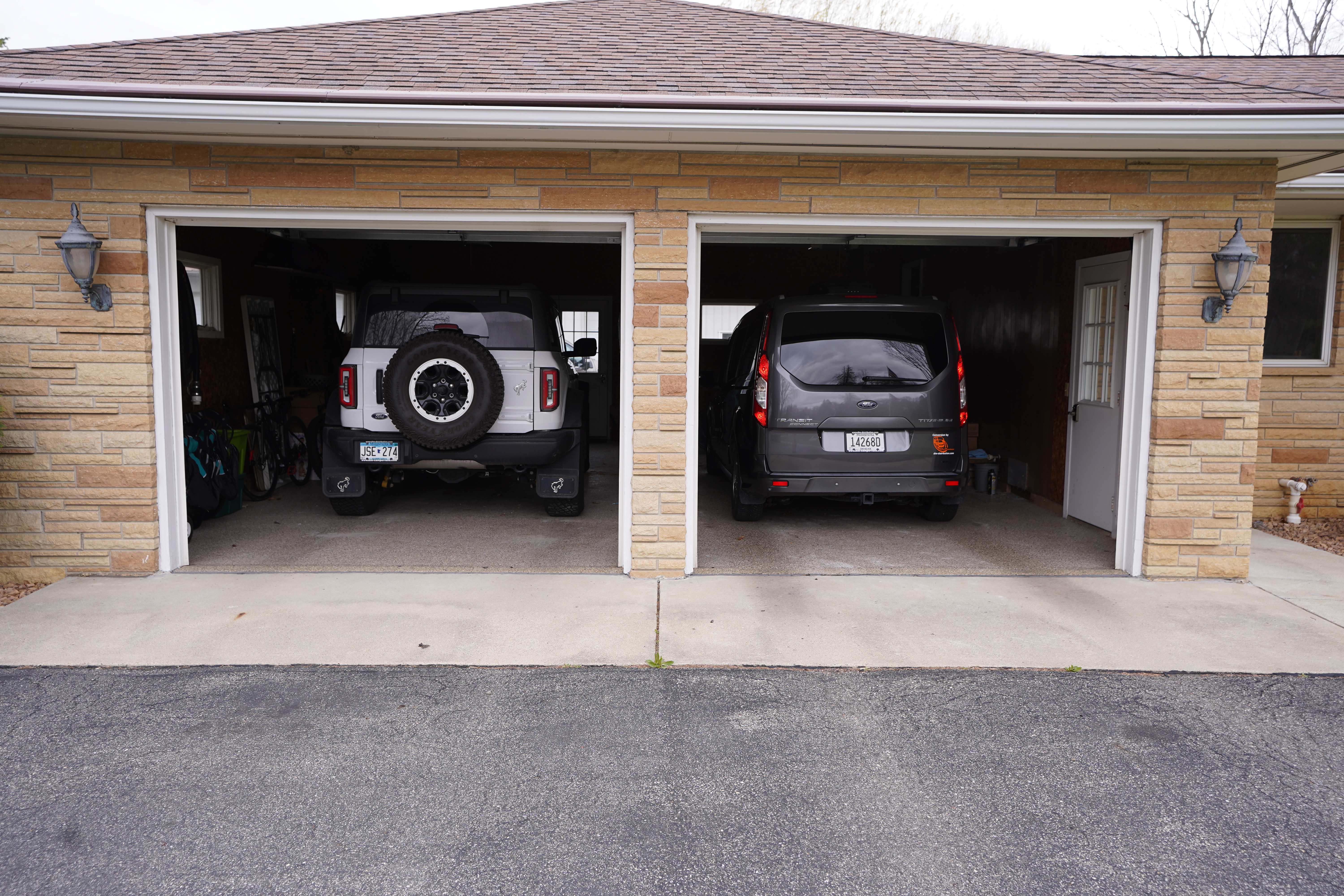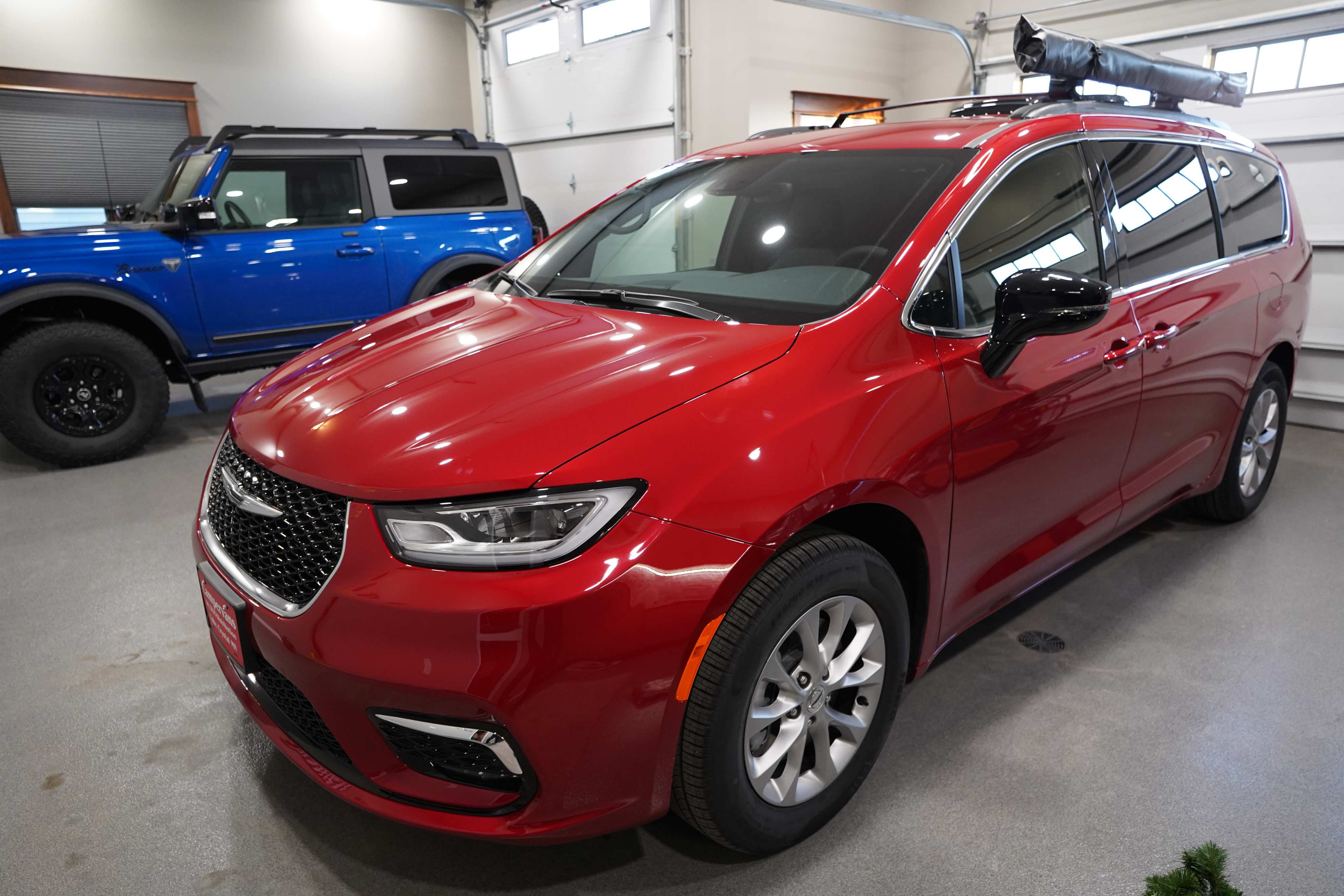Understanding HOA RV Parking Rules in Colorado
Homeowners' Associations (HOAs) are common throughout Colorado, particularly in residential communities with planned developments. While these associations help maintain neighborhood aesthetics and property values, they also enforce strict rules about parking—especially when it comes to RVs, campervans, and motorhomes.
If you own a recreational vehicle and live in an HOA-governed community, it's essential to understand the specific regulations before assuming you can park your RV at home.

Can You Park an RV in an HOA Community in Colorado?
Most HOAs in Colorado have restrictions against parking RVs, campervans, and trailers in driveways or on streets. These rules typically include:
- Driveway Parking Prohibitions – Many HOAs do not allow long-term parking of RVs in driveways, even if the vehicle fits. Some allow temporary parking (such as 24 to 48 hours) for loading and unloading.
- Street Parking Restrictions – Many Colorado cities also have ordinances that prohibit overnight RV parking on public streets, reinforcing HOA regulations.
- Garage Parking Exceptions – If an RV or campervan fits inside a garage with the door closed, most HOAs allow it since it does not impact curb appeal. This is where a garagable RV like the Mini-T Campervan becomes an ideal solution for RV owners in HOA communities.

How to Determine Your HOA’s RV Parking Rules
Each HOA in Colorado operates under a set of governing documents known as Covenants, Conditions, and Restrictions (CC&Rs). These documents outline the community's rules, including those related to RV parking. To determine the regulations in your community:
1) Review Your HOA’s CC&Rs – These can often be found on your HOA’s website or requested from the board.
2) Contact the HOA Board or Property Manager – They can clarify specific rules and whether exceptions exist.
3) Check Local City and County Ordinances – Even if an HOA allows RV parking, city regulations may prohibit it, or vice versa.
Parking Solutions for RV Owners in HOA Communities
If your HOA restricts RV parking, consider these alternatives:
1) Garage Parking with a Mini-T Campervan – Unlike traditional RVs, the Mini-T Campervan is garagable, meaning it fits in a standard residential garage. This allows RV owners in HOA communities to enjoy the benefits of campervan travel without violating parking rules.
2) Off-Site Storage Facilities – Many RV owners rent space in storage facilities, but this adds monthly costs and requires extra planning.
3) Neighboring Areas Without HOA Restrictions – Some RV owners store their campervan at a friend’s or family member’s house outside of an HOA community.

Why a Garagable Campervan is the Best HOA-Friendly RV
For Colorado residents who love camping but live under strict HOA rules, a Mini-T Campervan offers the best of both worlds. Since it is not classified as an RV and fits inside a garage, it eliminates parking concerns while still providing the freedom of a fully functional campervan.
If you live in an HOA-regulated community in Colorado and want an RV that won’t violate parking rules, the Mini-T Campervan is the perfect solution. Contact DLM-Distribution to learn more about HOA-friendly campervans that fit your lifestyle.